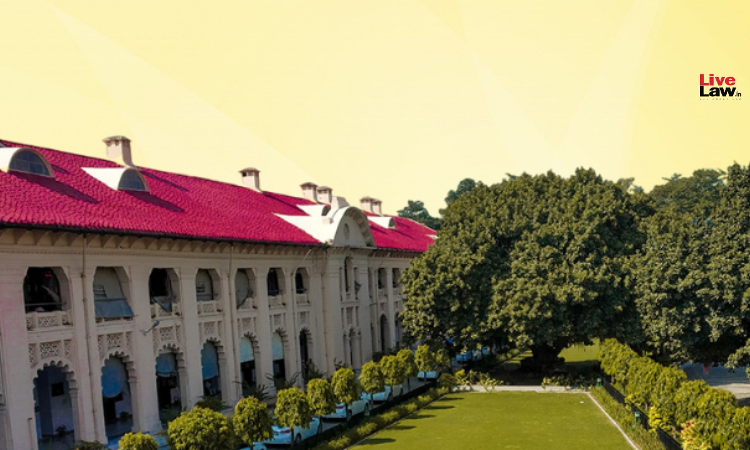Demand Of Tax and penalty can't be imposed on the basis of conjecture : Allahabad High Court
Mariya Paliwala
3 Nov 2022 9:30 AM IST

Next Story
3 Nov 2022 9:30 AM IST
The Allahabad High Court has held that the demand for tax and penalty cannot be imposed on the basis of conjecture and surmise, especially in cases where the goods were accompanied by a tax invoice and E-way bill.The single bench of Justice Pankaj Bhatia has observed, "As the respondent has not approached for availing of the benefits that flow from Section 129, coupled with the fact that...
